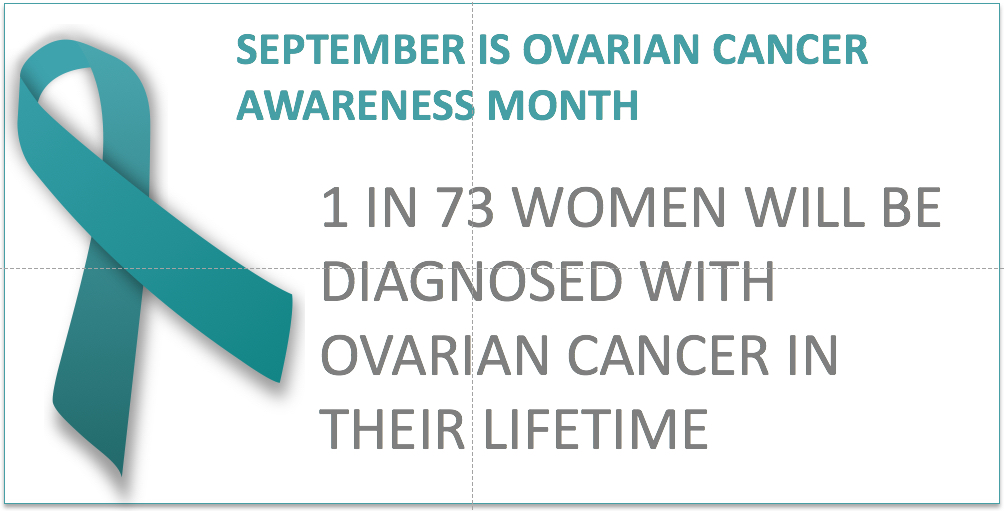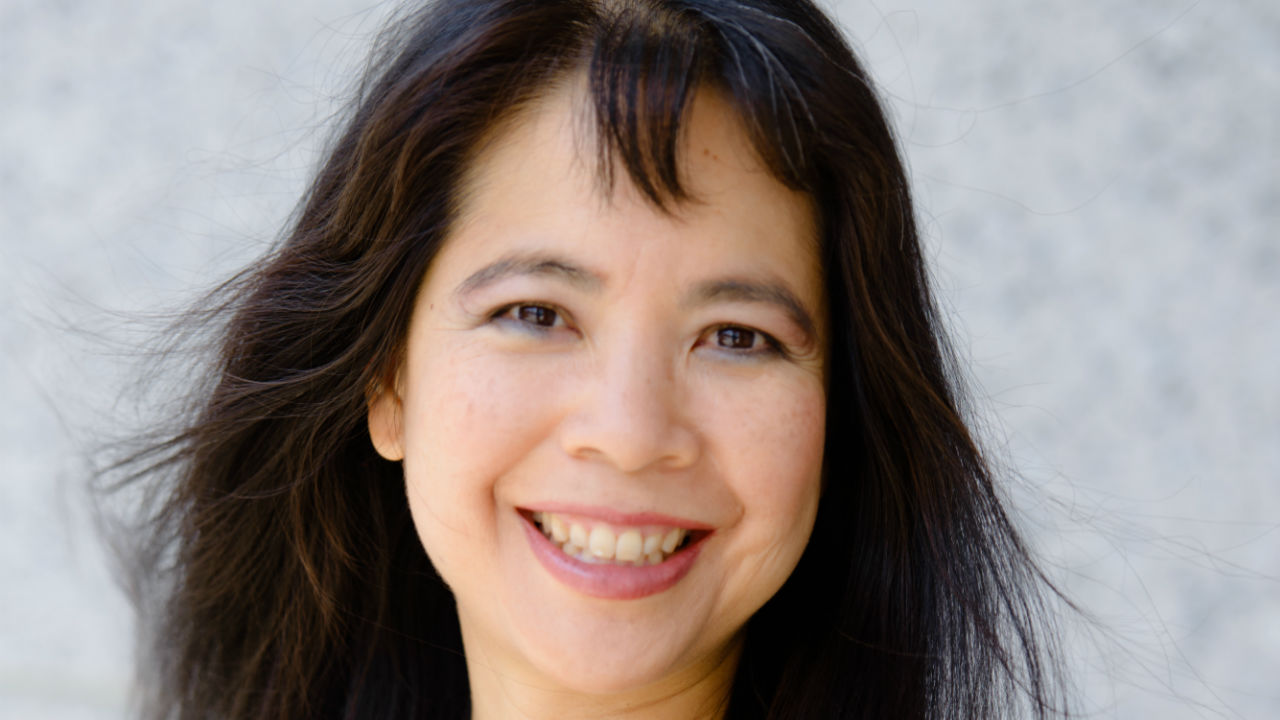According to the National Cancer Institute, about 12 in 100 women will get breast cancer during their lifetimes compared to about 60 in 100 women who have faulty BRCA genes. For ovarian cancer, a little more than 1 in 100 women will get the disease, compared to 15-to-40 in 100 women with BRCA mutations.
A new study in Journal of the American Medical Association found benefits for women with two different BRCA gene variants whether they had previously had breast cancer or not. The study is the largest to date to find advantages for preventive surgery for women who carry BRCA gene mutations.
New research suggests surgery to remove healthy ovaries gives benefits to high-risk women. Also, it lowers the threat of breast and ovarian cancer and boosts their chances of living longer.
The researchers followed nearly 2,500 women with BRCA mutations in Austria, England, the Netherlands and the United States. All the women were cancer-free at the start. They were watched for an average of four years. Most of the women were younger than 50 at the start of the study. Also, the women received counseling to help them choose between surgery and increased screening to watch for cancers early.
Also, the findings state women with the BRCA genes have a dramatically higher cancer risk than other women
• Five times greater risk for breast cancer
• Ten times greater risk for ovarian cancer
• Ten percent of the women chose mastectomy
• 40 percent chose to have their ovaries removed; some had both
• More than half the women had neither surgery
The study also found preventive mastectomy lowered the risk of breast cancer. No breast cancers were seen in the women who had their breasts removed. That may seem unsurprising but mastectomy can leave behind breast tissue that can turn cancerous.
The women who chose ovary removal had the following results:
• One percent was later diagnosed with ovarian cancer that showed up in cells missed by surgeons vs. six percent of the women who kept their ovaries
• 11 percent were diagnosed with breast cancer, compared to 19 percent of the women who kept their ovaries
• Three percent of those who had surgery died, compared to 10 percent of the others.
The study results offer more tailored evidence for women considering ovary removal, a surgery that ends fertility, fast-forwards them into early menopause and may contribute to osteoporosis or heart problems later in life.
Also, doctors said the new findings are unlikely to change screening or treatment recommendations, which suggest that women with BRCA mutations get annual mammograms and MRI's, with the timing of each test staggered to schedule a test every six months.
The results may encourage more women to get tested for the BRCA mutations. The study highlights the importance of genetic counseling, which can help women understand and sort out all the ramifications of these risk-reducing surgeries.
For women with a family history of breast or ovarian cancer, it's not always an easy discussion between a patient and her doctor. The $3,300 blood test, often not covered by insurance, can disrupt families, force decisions on childbearing and even leave a woman feeling depressed. Also, surgery costs thousands of dollars, not including lost time at work. Without preventive surgery, a woman faces a regimen of mammograms, MRIs and blood tests to look for cancer.
With BRCA testing more than a decade old, researchers are just beginning to have better data to understand the benefits of risk-reducing surgery. For high-risk women, equally important are the breakthroughs in cosmetic breast reconstruction, laws to prevent genetic discrimination and evolving attitudes toward removing body parts to avoid cancer.
Sources:
http://www.cancer.gov/cancertopics/factsheet/risk/brca
http://jama.ama-assn.org
ABC News, CBS News, Associated Press





Add a CommentComments
There are no comments yet. Be the first one and get the conversation started!